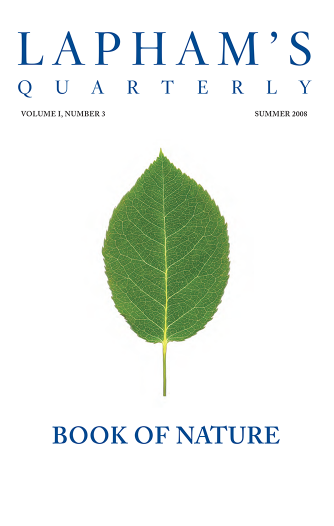Dear Mr. Hays,
As you probably know, the punch line of Gone with the Wind, the one bit of dialogue which forever establishes the future relationship between Scarlett and Rhett, is “Frankly, my dear, I don’t give a damn.”
Naturally I am most desirous of keeping this line and, to judge from the reactions of two preview audiences, this line is remembered, loved, and looked forward to by the millions who have read this new American classic.
Under the code, the censor Joe Breen is unable to give me permission to use this sentence because it contains the word “damn,” a word specifically forbidden by the code.
It is my contention that this word as used in the picture is not an oath or a curse. The worst that could be said against it is that it is a vulgarism, and it is so described in the Oxford English Dictionary. Nor do I feel that in asking you to make an exception in this case, I am asking for the use of a word which is considered reprehensible by the great majority of American people and institutions. A canvass of the popular magazines shows that even such moral publications as Woman’s Home Companion, Saturday Evening Post, Collier’s, and the Atlantic Monthly, use this word freely. I understand the difference, as outlined in the code, between the written word and the word spoken from the screen, but at the same time I think the attitude of these magazines toward “damn” gives an indication that the word itself is not considered abhorrent or shocking to audiences.
I do not feel that your giving me permission to use “damn” in this one sentence will open up the floodgates and allow every gangster picture to be peppered with “damns” from end to end. I do believe, however, that if you were to permit our using this dramatic word in its rightfully dramatic place, in a line that is known and remembered by millions of readers, it would establish a helpful precedent, a precedent which would give to Joe Breen discretionary powers to allow the use of certain harmless oaths and ejaculations whenever, in his opinion, they are not prejudicial to public morals.
From a letter to the president of the Motion Picture Producers and Distributors of America, Inc. In 1930 William H. Hays established a production code to regulate onscreen sexual behavior, profanity, and unpatriotic material. Selznick’s lobby to the Hays office preserved the right to keep the line in the film, which won an Oscar for Best Picture.
Back to Issue


